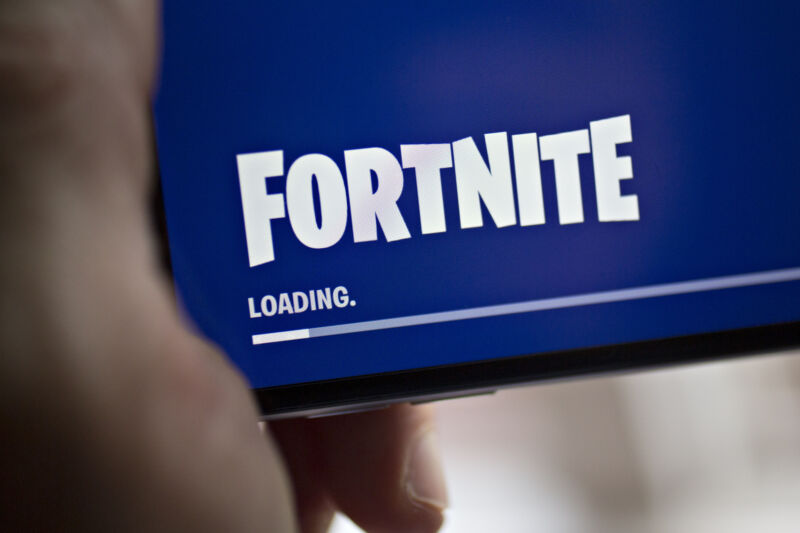
Weeks after Epic’s apparent “win” against Apple in the Epic Games v. Apple case, Apple issued a letter denying Epic’s request to have its developer license agreement reinstated until all legal options are exhausted. This effectively bans Fortnite and any other software from the game maker from returning to Apple’s App Store for years.
Epic was handed an initial victory when the US District Court for Northern California issued an injunction on September 10 ordering Apple to open up in-game payment options for all developers. At the time, the injunction was something of a moral victory for Epic—allowing the developer to keep its in-game payment systems in its free-to-play Fortnite intact while avoiding paying Apple a 30 percent fee that had previously covered all in-app transactions.
But now Epic has faced a significant reversal of fortune.
In a letter sent on September 21 to Epic’s legal counsel, Apple’s lawyers said the company refused to reinstate Epic’s account until the courts issue a final, non-appealable verdict. Epic CEO Tim Sweeney revealed Apple’s decision in series of tweets posted on September 22. Sweeney claims the appeals process for the case could take as long as five years.
Apple’s revocation of Epic’s developer license—required to develop and distribute games to the App Store—was “valid, lawful, and enforceable,” Judge Yvonne Gonzalez Rogers said in her ruling. This leaves the decision whether to allow Epic back into the App Store up to Apple.
Apple’s legal team also cited Epic’s alleged “duplicitous” conduct. Apple is referring to the move that sparked the case—Epic adding code into iOS’s version of Fortnite that enable users to buy items directly from the company.
The letter pointed to a tweet Sweeney had posted earlier this month. In the tweet, Sweeney said he “wouldn’t trade an alternative payment system away to get Fortnite back on iOS.” Sweeney said his words were taken out of context.
What “statements” are we talking about here? All Apple cites is a quote they fabricated, claiming I said said Epic “[w]ouldn’t trade [an alternative payment system] away to get Fortnite back on iOS.”
What did I actually say?https://t.co/fedkyNm3RV
— Tim Sweeney (@TimSweeneyEpic) September 22, 2021
Sweeney tweeted an email he wrote to Apple’s legal counsel on September 16, stating that, while Epic was appealing the court’s decision, the developer had paid Apple the court-ordered $6 million in damages required by the September 10 ruling. He said that his company had disabled the server-side software required for in-game payments for players who still had Fortnite installed on their iOS devices. He also alleged that Apple lied about its intentions to work with Epic to bring the developer back to the App Store.
“Apple lied,” Sweeney said. “Apple spent a year telling the world, the court, and the press they’d ‘welcome Epic’s return to the App Store if they agree to play by the same rules as everyone else.’ Epic agreed, and now Apple has reneged in another abuse of its monopoly power over a billion users.”
While the September 10 ruling went in Apple’s favor, the company was not granted everything it sought in its legal defense. Judge Gonzalez Rogers gave Apple a victory in ruling it had not violated antitrust law, though the company lost the ability to prevent developers from including and advertising their own in-game app purchase payment systems. That ruling could lead to greater repercussions for Apple from other game makers or subscription service providers in the future.
https://arstechnica.com/?p=1797887

